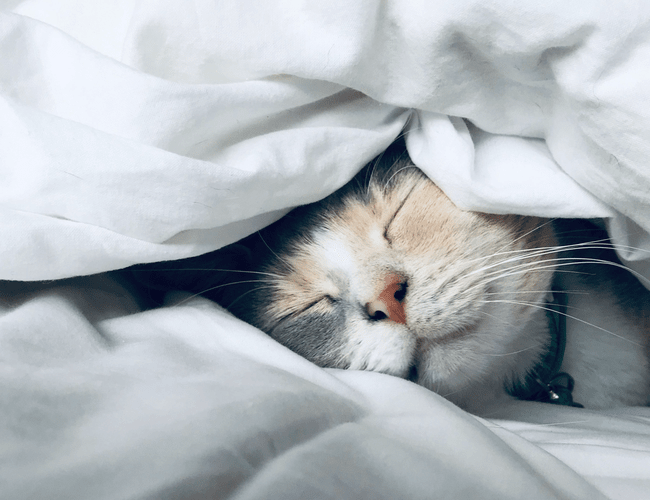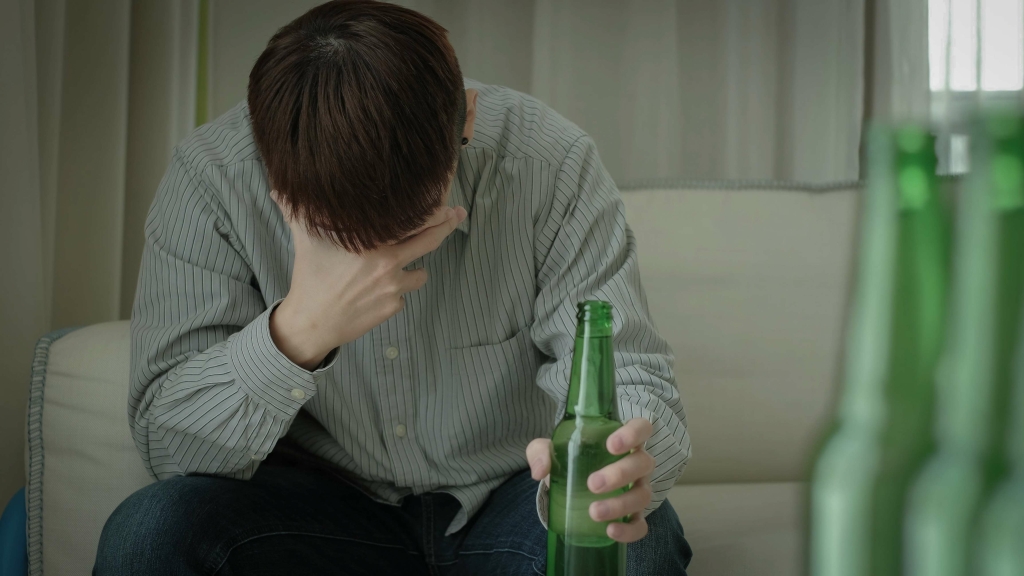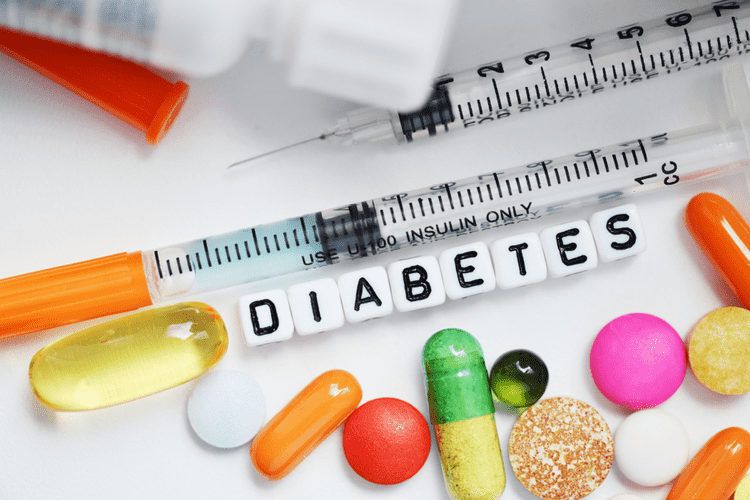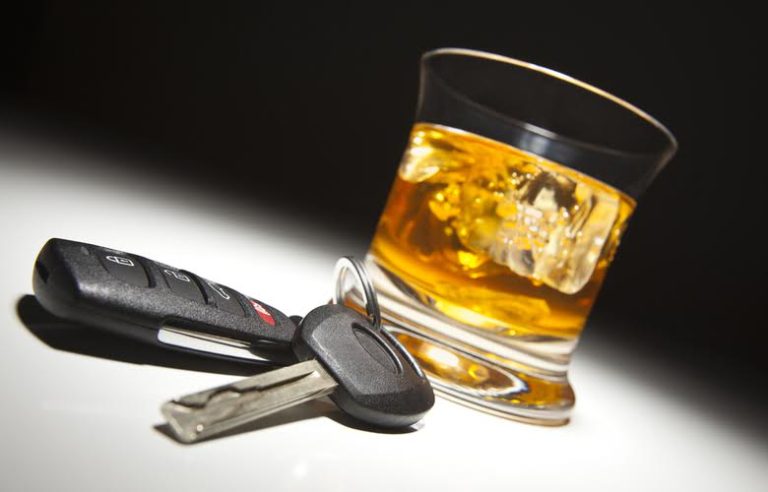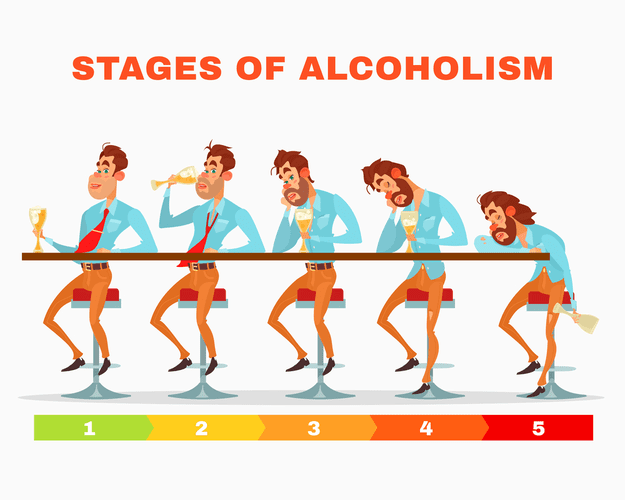If you want an honest assessment of how drunk you are, ask a trustworthy friend or even a stranger for help. Our experienced staff is available 24/7 to answer any questions you may have. The NHTSA reports that if a driver displays two or more signs in the walk-and-turn test, the chances that they have a BAC of 0.10 or above are 68%. If at least four signs are observed between both eyes, you will likely have a BAC score of 0.10 or above. Research by the NHTSA shows that this testing procedure is about 77% accurate for those who took it. HGN is when eyeballs jerk involuntarily when you rotate your eyes at a high peripheral angle.
How long does it take to sober up? (Hours vs # of drinks)
In some states, the information on this website may be considered a lawyer referral service. Please reference the Terms of Use and the Supplemental Terms for specific information related to your state. Your use of this website constitutes acceptance of the Terms of Use, Supplemental Terms, Privacy Policy, Cookie Policy, and Consumer Health Data Notice. Here’s a look at all the variables that affect how long drunkenness lasts.
Same day local dispatch
Support systems are vital in navigating the road toward sobriety. Friends and family play an essential role in providing emotional support during challenging times. Withdrawal is one of the most challenging aspects of becoming sober.
Factors Influencing Sobering Time
- The journey to sobriety is a long one and will look different for each person.
- This delay allows the liver more time to process alcohol, potentially leading to a quicker feeling of sobriety.
- Female bodies also tend to contain less water to dilute alcohol and produce less of the enzyme dehydrogenase, which helps the liver break down alcohol.
- The length of time someone has been using a substance plays a crucial role in recovery.
And even occasional binge drinking episodes can have profound effects on your liver’s health over time. However, if you or a loved one are suffering from an addiction to drugs or alcohol yourself, Chateau Recovery can help you take the first step towards your own sobriety today. With an array of different programs available, there is always a place for you to begin your journey, regardless of your stage of recovery. Under the other definition of sobriety, this answer is going to be much longer than a day or two without drinking.
Asking “how long does it take to get sober” has a few different answers depending on how the question is interpreted. For someone who is currently drunk, they may want to know simply how long until they can expect to feel the immediate effects of their intoxicated state wear off. However, it can also carry another implication – that is, how long for someone to begin to feel the benefits of prolonged sobriety in recovery.
Get Insurance-Covered Addiction Treatment
Also, if you have any liver disease, https://northiowatoday.com/2025/01/27/sober-house-rules-what-you-should-know-before-moving-in/ are overweight or underweight, along with countless other details, this calculator will be inaccurate. If you’re keeping up with this average (or less), the damage from alcohol is most likely minimal. The journey to sobriety is a long one and will look different for each person.
- Whether or not you’ve eaten affects how quickly alcohol enters your bloodstream.
- However, it’s important to continue attending therapy, self-help meetings, and support group meetings.
- If you require assistance addressing abusive patterns of alcohol consumption, we can help you at Renaissance Recovery Center.
- Everything you need to know about inpatient vs. outpatient drug rehab programs.
After a particularly heavy night of drinking, however, it is possible for alcohol to stay in your system well into the following day. This can result in situations in which someone goes out drinking and then returns to work the next day with noticeable levels of alcohol in their blood. However many things can alter your rate of liver metabolism, so you should be very careful. Known factors for affecting this rate include being young, old, Asian, a heavy drinker or on medication.
” often arises after a night out or during recovery from excessive drinking sessions. While there’s no one-size-fits-all answer, general guidelines suggest that most people will begin feeling more sober after about one hour per standard drink consumed. Your liver metabolizes (breaks down) alcohol and converts it into acetaldehyde, a toxin and carcinogen.
What role does my health play in achieving sobriety?
Consuming multiple drinks in a short period can lead to rapid intoxication and prolonged sobering times as the liver struggles to keep up with processing the influx of alcohol. While these methods may not immediately lower blood alcohol levels, they may help you stay physically and mentally alert. However, if you have had too much to drink, you should avoid driving or operating any machinery until you are completely sober. That’s why many of us wonder if a month of avoiding drinking is enough to “reset” Living in a Sober House: Fundamental Rules your liver back to normal. But a full detox is needed for the most benefit, and how much time that takes depends on a variety of personal factors.
Body Weight and Composition
Alcohol with higher concentrations can make you drunk faster. Recovery time from intoxication is dependent on several individual factors, some of which are significant to think about. Rolling Hills Recovery Center has committed patient navigators standing by day or night to help you create a customized treatment plan. The United States has long faced alcoholism as a major public health issue. Alcoholism has been a big public health problem in the United States for a long time. People may drink more if they realize there are benefits from it.
However, while it’s socially accepted in most cultures, things can turn around quickly if you drink too much. Different states use different terms to describe drunk driving. The calculator provides an estimated time for alcohol to fully leave your system, helping you plan for safe and responsible consumption.
That does not deter individuals from adopting many conventional methods and “miracle cures” that promise to facilitate rapid alcohol detoxification. Nevertheless, refrain from doing anything that may exacerbate the problem. If you have been drinking, do not drive or use heavy machinery. No matter how little you think the odds of being caught are, it’s always a bad idea to drink and drive.


